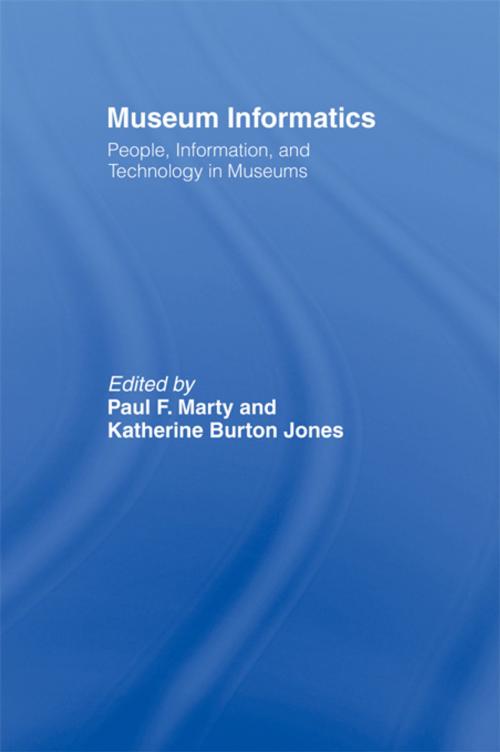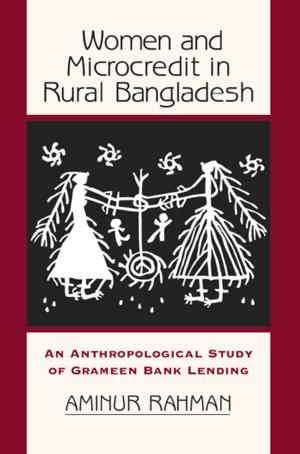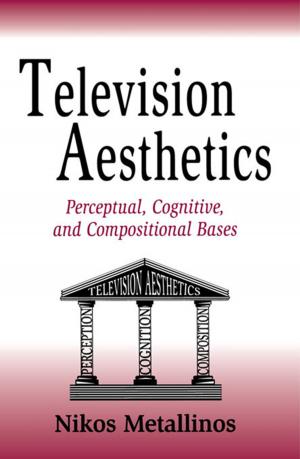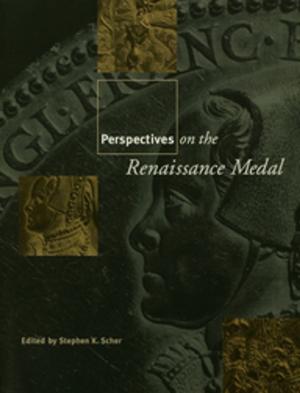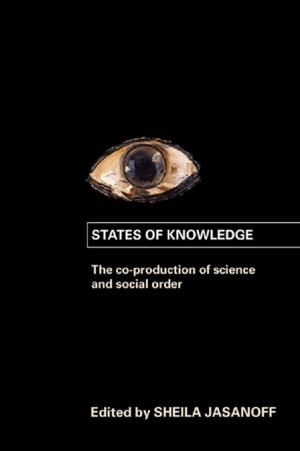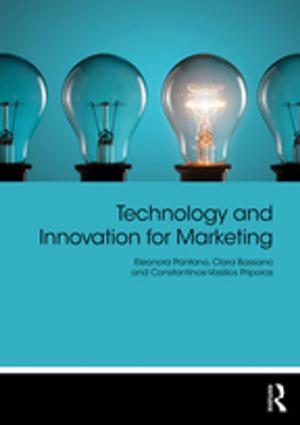Museum Informatics
People, Information, and Technology in Museums
Nonfiction, Reference & Language, Language Arts, Library & Information Services, Business & Finance, Industries & Professions, Social & Cultural Studies, Social Science| Author: | Paul F. Marty, Katherine Burton Jones | ISBN: | 9781135572051 |
| Publisher: | Taylor and Francis | Publication: | July 26, 2012 |
| Imprint: | Routledge | Language: | English |
| Author: | Paul F. Marty, Katherine Burton Jones |
| ISBN: | 9781135572051 |
| Publisher: | Taylor and Francis |
| Publication: | July 26, 2012 |
| Imprint: | Routledge |
| Language: | English |
Museum Informatics explores the sociotechnical issues that arise when people, information, and technology interact in museums. It is designed specifically to address the many challenges faced by museums, museum professionals, and museum visitors in the information society. It examines not only applications of new technologies in museums, but how advances in information science and technology have changed the very nature of museums, both what it is to work in one, and what it is to visit one.
To explore these issues, Museum Informatics offers a selection of contributed chapters, written by leading museum researchers and practitioners, each covering significant themes or concepts fundamental to the study of museum informatics and providing practical examples and detailed case studies useful for museum researchers and professionals. In this way, Museum Informatics offers a fresh perspective on the sociotechnical interactions that occur between people, information, and technology in museums, presented in a format accessible to multiple audiences, including researchers, students, museum professionals, and museum visitors.
Museum Informatics explores the sociotechnical issues that arise when people, information, and technology interact in museums. It is designed specifically to address the many challenges faced by museums, museum professionals, and museum visitors in the information society. It examines not only applications of new technologies in museums, but how advances in information science and technology have changed the very nature of museums, both what it is to work in one, and what it is to visit one.
To explore these issues, Museum Informatics offers a selection of contributed chapters, written by leading museum researchers and practitioners, each covering significant themes or concepts fundamental to the study of museum informatics and providing practical examples and detailed case studies useful for museum researchers and professionals. In this way, Museum Informatics offers a fresh perspective on the sociotechnical interactions that occur between people, information, and technology in museums, presented in a format accessible to multiple audiences, including researchers, students, museum professionals, and museum visitors.
